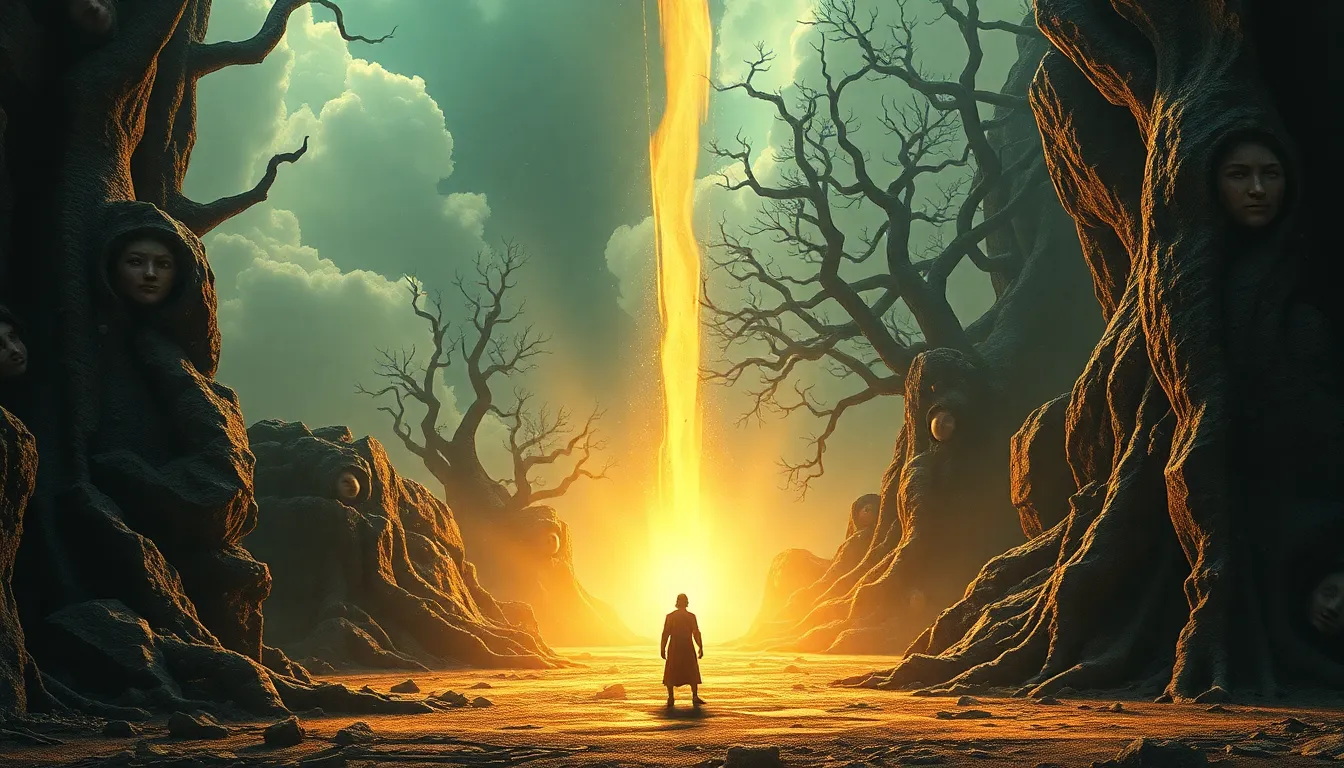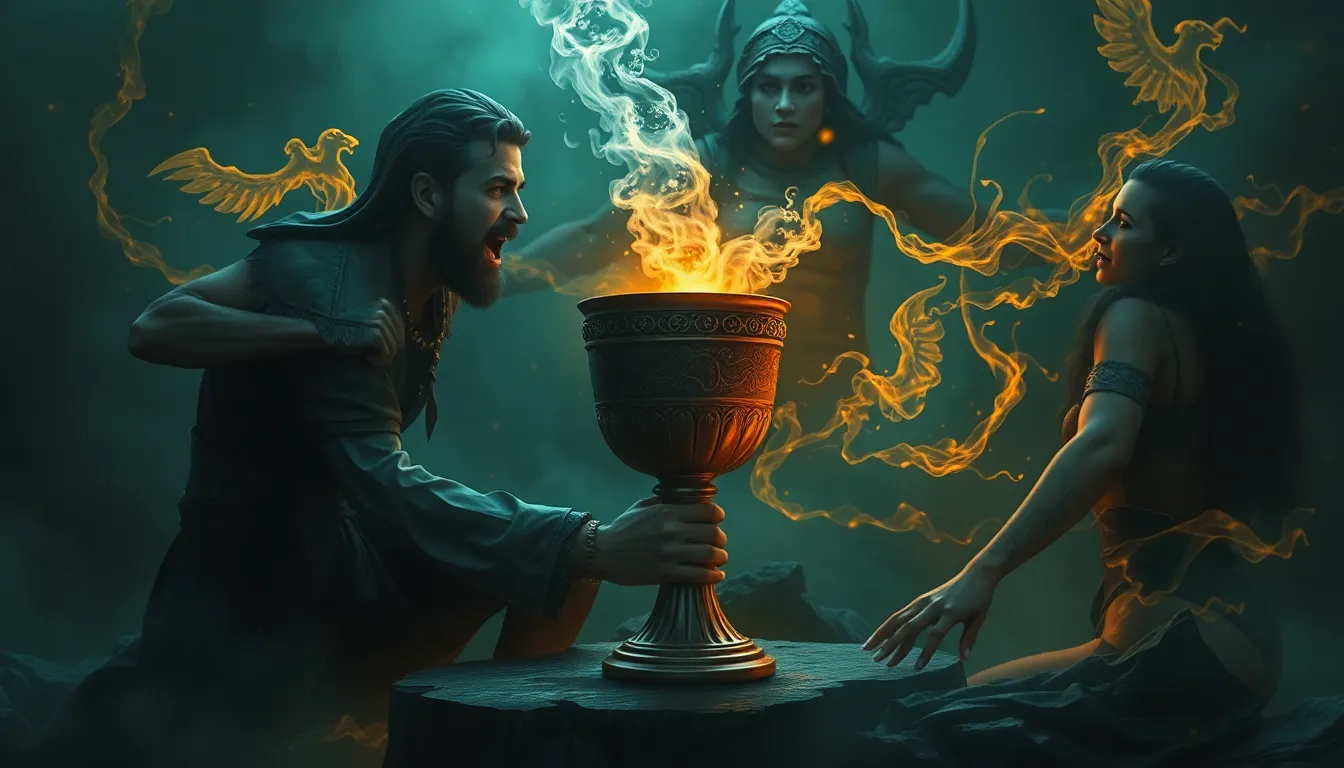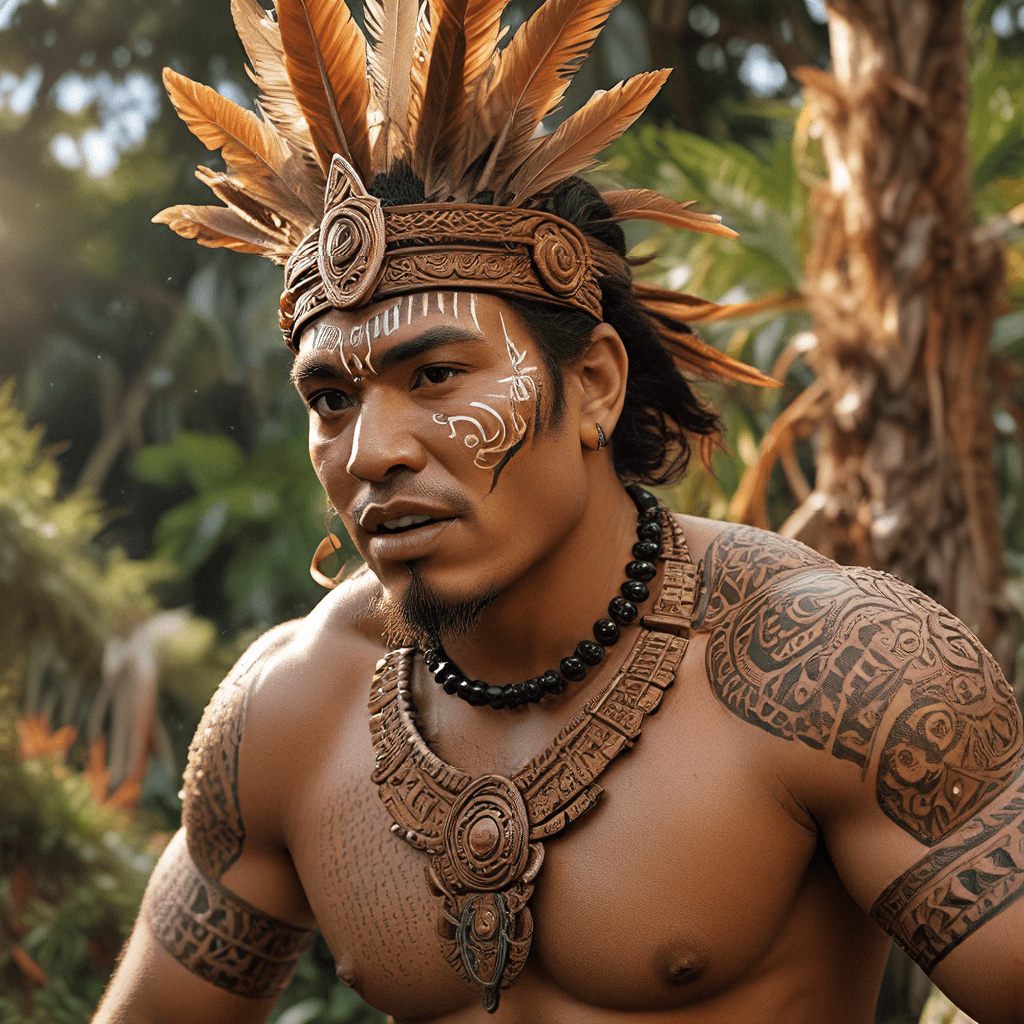The Sacred Roots: Exploring the Origins of Myths
Introduction to Myths: Definition and Importance
Myths are traditional stories that serve to explain phenomena, customs, beliefs, and values within a culture. They often encompass gods, heroes, and foundational events of a society. Myths are more than mere tales; they provide a framework for understanding the world, offering insight into human nature and societal structures.
The role of myths in human culture is profound. They not only entertain but also educate, instilling moral lessons and cultural identity. Myths are vital for preserving the collective memory of societies, connecting generations through shared narratives. This article aims to explore the origins of myths, their evolution, and their lasting significance in contemporary life.
Historical Context: Myths in Ancient Civilizations
Myths have been integral to civilizations throughout history, with notable examples found in Mesopotamia, Egypt, Greece, and Rome. Each of these cultures crafted their own mythologies, often reflecting their understanding of the natural world and human behavior.
- Mesopotamia: Myths such as the Epic of Gilgamesh explore themes of friendship, mortality, and the divine.
- Egypt: The stories of gods like Osiris and Isis explain the cycles of life and death, as well as the importance of the Nile River.
- Greece: Greek mythology features a pantheon of gods and goddesses, serving as allegories for human traits and societal norms.
- Rome: Roman myths often borrowed from Greek mythology but adapted them to reflect Roman values and experiences.
These mythologies served to explain natural phenomena, such as weather patterns or seasonal changes, and human behaviors, providing moral guidance and communal identity. The comparison of these mythologies reveals both unique cultural elements and shared themes that transcend geographical boundaries.
The Psychological Underpinnings of Myths
Carl Jung’s concept of the collective unconscious posits that certain symbols and archetypes are shared across all human cultures, forming the basis of myth. These archetypes are inherent patterns of thought, emotion, and behavior, manifesting in myths universally.
Myths reflect human psychology and societal values by encapsulating fears, desires, and moral dilemmas. They serve as a mirror, allowing individuals and societies to confront their inner conflicts. The hero’s journey, for instance, is a recurring archetype that illustrates personal growth and transformation.
Cultural Transmission: How Myths Evolve Over Time
Myths are not static; they evolve through processes of storytelling and oral traditions. The transmission of myths from generation to generation allows for adaptation and reinterpretation, ensuring their relevance in changing contexts.
The impact of migration, trade, and conquest has further contributed to the evolution of myths. As cultures interact, they exchange stories and symbols, leading to hybrid mythologies. For example:
- The Greek myth of Hercules influenced Roman stories of strength and valor.
- Indian epics, such as the Ramayana, have inspired various adaptations in Southeast Asian cultures.
These transformations illustrate how myths can bridge cultures, reflecting shared human experiences while honoring distinct identities.
The Sacred and the Profane: Myths in Religion
Myths are deeply intertwined with religious beliefs, providing narratives that explain the creation of the universe, the nature of deities, and the moral order of the world. Creation myths, in particular, hold significant cultural and spiritual importance.
Case studies of creation myths reveal their significance:
- The Judeo-Christian Genesis story describes the creation of the world in seven days, emphasizing the power of a singular deity.
- The Hindu creation myth features the cosmic ocean and the emergence of the world from primordial chaos, illustrating the cyclical nature of existence.
Myths play a crucial role in rituals and ceremonies, serving as a means of connecting the sacred with the everyday. They provide a narrative framework that guides communal practices and individual beliefs.
Nature and Environment: Myths as Ecological Narratives
Many myths emphasize the relationship between humans and nature, reflecting the ecological awareness of their cultures. These narratives often illustrate the consequences of human actions on the environment and the importance of harmony with nature.
Environmental changes can influence mythological themes, prompting societies to reinterpret their stories in light of new realities. For instance:
- In many indigenous cultures, myths often feature animal spirits that embody the essence of nature, highlighting the interconnectedness of all living beings.
- Some myths warn against the hubris of humanity in tampering with nature, serving as cautionary tales that resonate with contemporary environmental issues.
These myths can also inspire conservation efforts, fostering a sense of stewardship towards the natural world.
The Intersection of Myth and Science
Historically, myths have interacted with early scientific thought, often providing explanations for natural phenomena that were later understood through scientific inquiry. The transition from mythological explanations to scientific reasoning marks a significant evolution in human understanding.
Modern interpretations of myths reveal their relevance in contemporary scientific discussions, offering insights into human behavior and societal values. Myths can illuminate the ethical implications of scientific advancements, prompting reflection on the moral dimensions of technology and nature.
The Role of Myths in Modern Society
In contemporary culture, myths continue to influence media, literature, and art. The resurgence of mythological themes in modern storytelling reflects a renewed interest in these ancient narratives.
- Films like “Thor” and “Wonder Woman” draw on mythological figures, reinterpreting them for modern audiences.
- Literature, such as Neil Gaiman’s “American Gods,” explores the clash between old and new beliefs.
Myths serve as tools for social and political commentary, addressing contemporary issues through the lens of ancient narratives. They provide a means for individuals to grapple with identity, morality, and the human experience.
Reconstructing Myths: The Role of Scholarly Interpretation
Scholarly interpretation of myths involves various methodologies, including comparative mythology and semiotics. Researchers analyze myths across cultures to uncover underlying patterns and meanings.
Key scholars in the field, such as Joseph Campbell and Mircea Eliade, have made significant contributions to our understanding of mythology. Their works emphasize the psychological and spiritual dimensions of myths, highlighting their relevance across time and cultures.
However, interpreting ancient myths poses challenges and controversies, particularly regarding cultural appropriation and the risk of oversimplification. The nuanced understanding of myths requires sensitivity to their original contexts and meanings.
Conclusion: The Enduring Legacy of Myths
Myths are sacred roots that connect humanity across time and space, reflecting our deepest fears, hopes, and values. Their enduring legacy lies in their ability to adapt and resonate with new generations, providing frameworks for understanding the complexities of life.
As we explore the origins and evolution of myths, we uncover the rich tapestry of human experience, reminding us of our shared journey through the ages. In a rapidly changing world, the insights offered by myths remain relevant, guiding us as we navigate the profound questions of existence.




